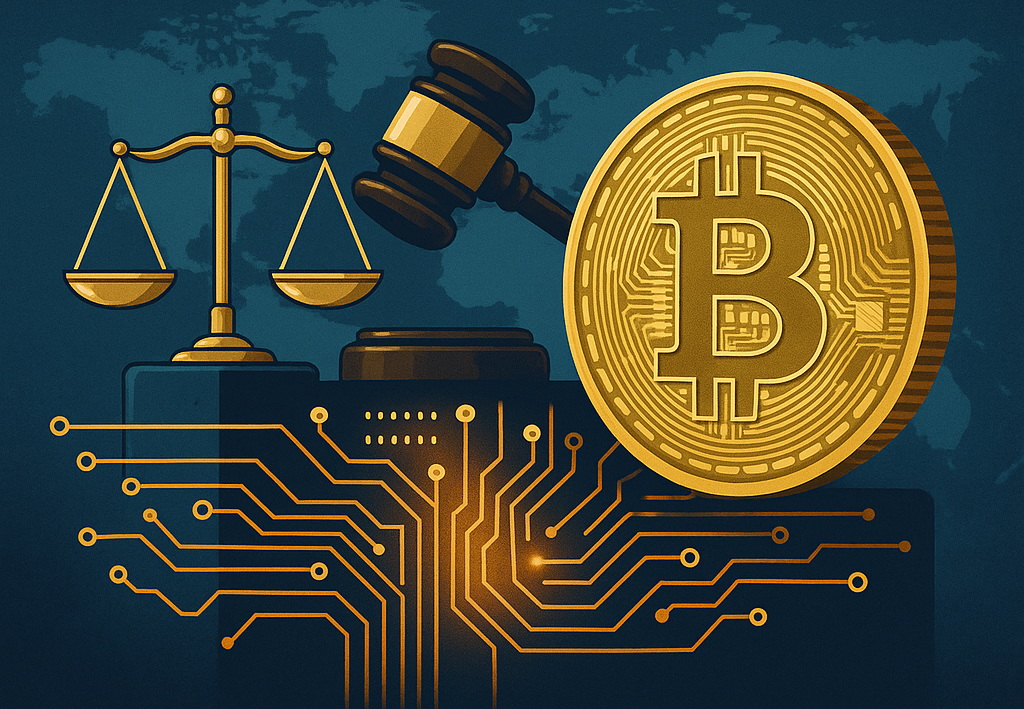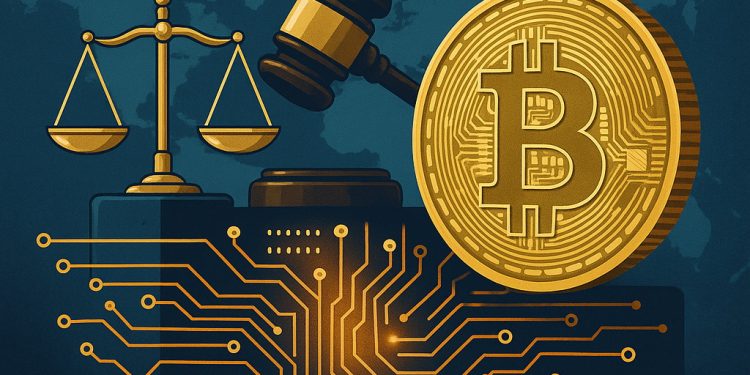
Regulations keep our well-oiled financial system running. However, advancements in digital technology are putting a strain on this regulatory function as gaps are constantly birthed by rapid digital payments innovations. Cryptocurrencies are one such innovation. Crypto may be defined as a form of digital currency in which transactions are authenticated, and records are maintained by a decentralised system utilising cryptographic methods, rather than by a central authority.
Central banks and monetary authorities the world over, are struggling to effectively regulate crypto, as this is a very difficult, if not impossible, task. In this instance, crypto regulations would mean a central bank or monetary authorities establishing rules and oversight mechanisms to control use, mitigate financial risks, and ensure alignment with national monetary and economic policies.
Cryptocurrencies are not stand-alones. They must interoperate with fiat currencies to allow users to buy, sell, or convert between the two, which is why regulation is essential to facilitate and safeguard the interactions. Elements of regulations include mechanisms for managing capital flow volatility, investor protection and fiscal risks; evolution of a clear crypto tax treatment, ensuring legal certainty, unified regulatory oversight, activity-based rules, AML/CFT enforcement, and macro financial monitoring.
A critical element of crypto regulation is the licensing and supervision of all crypto-service providers (custody, exchange, settlement, etc.) under “same activity, same risk, same regulation” principles, putting in place prudential guardrails especially for stablecoins and institutions with crypto exposure. International cooperation through harmonised AML standards, data sharing, and supervision across borders is key to the success of any cryptocurrency regulations.
Challenges
Although the goal of regulating crypto is laudable, it is fraught with numerous challenges. Crypto is inherently difficult to regulate, and any rules are difficult to enforce, due to its decentralised and anonymity features. Transactions occur across borders on public blockchains, often anonymously or pseudonymously, limiting traceability. Many platforms are decentralised (DeFi), meaning no single entity controls them, so regulators struggle to assign accountability. Differences in national laws create loopholes for regulatory arbitrage, where companies relocate to less strict jurisdictions.
The situation is not helped by the lack of global consensus on definitions of whether crypto is a security, commodity, or currency. Further, anonymity and pseudonymity features of crypto hinder efforts to combat money laundering and terrorist financing (AML/CFT). Also, the speed of technological evolution means regulators struggle to keep up with fast-moving innovations in crypto products, and legal frameworks become outdated quickly, creating gaps or mismatches in oversight. One of the biggest issues is how regulations can offer investor protection and market Integrity, since the crypto market is prone to high volatility, scams, hacks, and market manipulation, making it difficult to frame consumer protections to truly protect consumers.
Global Regulatory Landscape
As of 2025, the global regulatory landscape for crypto is a patchwork of differing approaches. The European Union’s Markets in Crypto-Assets Regulation (MiCA) https://tinyurl.com/mwfkefza which is now operational, offers one of the most comprehensive regulatory regimes for crypto, covering stablecoins, exchanges, and token issuers. The U.S. applies a fragmented regulatory model. It recently passed a suite of laws, namely The Anti-Central Bank Digital Currency (CBDC) Act(https://tinyurl.com/t77ss9ep), the Digital Asset Market Clarity Act of 2025 (https://tinyurl.com/4b44ta23 ) and the Guiding And Establishing National Innovation for U.S. Stablecoins (GENIUS) Act(https://tinyurl.com/bdcs8n5j ).
Countries like El Salvador and the Central African Republic have adopted Bitcoin, one of the most popular crypto as legal tenders, making it an interesting case study for regulations. In Nigeria, crypto is legal, however, its usage is full of regulatory complexities. The Bank of Ghana is considering regulating crypto. In Asia, India does not currently ban crypto, but it also does not recognise it as legal tender. Japan enforces strict exchange regulations and consumer protections. In contrast, China bans crypto trading but promotes its digital yuan.
Prospects
Given these challenges, regulatory options include enforcing licensing for service providers, enhancing AML/KYC compliance, implementing tax frameworks, developing global standards, regulating crypto exchanges, sandboxing innovation, and integrating blockchain analytics for oversight.
A critical point often overlooked is that crypto, while designed to operate as a centralised system, still relies on traditional fiat currencies for entry and exit points such as exchanges and on/off ramps, making complete detachment from the established financial ecosystem nearly impossible. This interdependence offers tangible opportunities for regulation. By focusing oversight on fiat-crypto conversion points, enforcing KYC/AML protocols at these gateways, and monitoring transactions involving traditional currencies, authorities can exert significant control over a system otherwise elusive to direct governance.
Central Bank Digital Currencies (CBDCs) are suggested as an approach to deal with the crypto regulations quagmire since they serve as a state-backed alternative to private digital assets, influencing how governments approach control, oversight, and innovation in the crypto space. Some experts suggest that by issuing CBDCs, central banks aim to offer a regulated, stable, and sovereign digital currency, which can reduce reliance on volatile or unregulated crypto.
In conclusion, arguments against crypto regulations exist mainly because some people and experts believe such rules can stifle innovation, limit financial freedom, and contradict the core principles of decentralisation and privacy that underpin crypto. They suggest that excessive oversight could drive developers and users to be less transparent, reduce access in developing economies, and give governments disproportionate control over a technology meant to be open and borderless.
Others argue that current financial laws are outdated and ill-suited for digital assets, advocating instead for self-regulation or new, adaptive legal frameworks. While regulating crypto is a policy objective, the inherent decentralised architecture, borderless, pseudonymous design of crypto poses significant challenges to achieving this goal. Thus, universal regulations in their purest form may not be feasible; however, leveraging its necessary interface with established financial eco-systems can facilitate certain consumer protections and regulatory oversight of a system originally intended to operate without centralisation.
Dr. Kwami Ahiabenu, the writer, is a Technology Innovations Consultant. You can reach him at [email protected]
DISCLAIMER: The Views, Comments, Opinions, Contributions and Statements made by Readers and Contributors on this platform do not necessarily represent the views or policy of Multimedia Group Limited.
DISCLAIMER: The Views, Comments, Opinions, Contributions and Statements made by Readers and Contributors on this platform do not necessarily represent the views or policy of Multimedia Group Limited.
- President Commissions 36.5 Million Dollars Hospital In The Tain District
- You Will Not Go Free For Killing An Hard Working MP – Akufo-Addo To MP’s Killer
- I Will Lead You To Victory – Ato Forson Assures NDC Supporters
Visit Our Social Media for More




